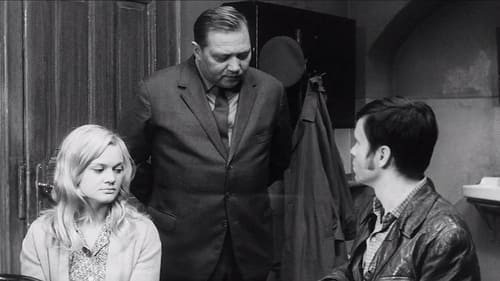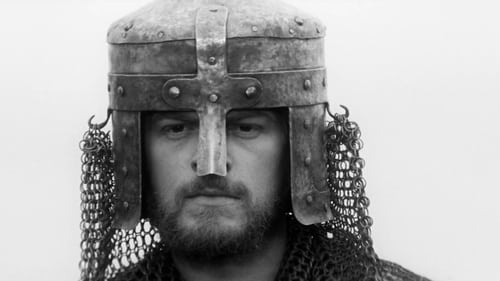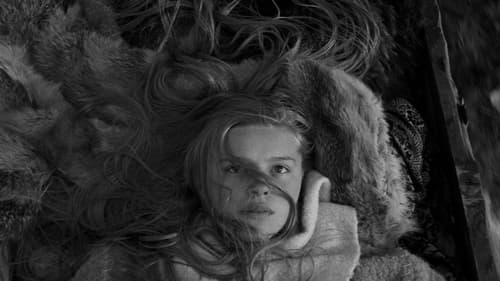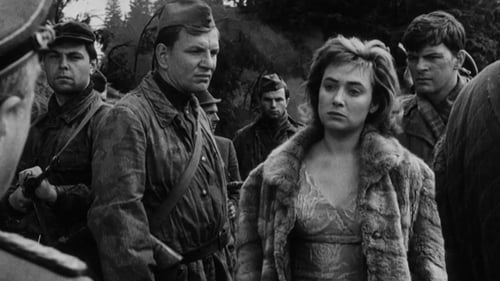
Pavelka
A story of a man threatened by a fatal illness evaluating his life (the number 322 in the film title stands for the diagnosis of one kind of cancer). He understands his illness as a form of punishment for his cruel deeds in the 1950s. In the face of reality and his efforts to cleanse himself he hits a barrier of indifference, lack of interest, and individual and collective selfishness. He has to find his own reconciliation with his illness and his past and present life.

The film is a historic parable about the topicality of revolution. 1514. The peasants' uprising is over, Dózsa has been arrested. Werbőczy tries to get the imprisoned peasant leader deny the revolution and offers him the lives of his people in exchange.

Cihlář Fojt
Major Kalas from the Prague criminal intelligence service has been sent to a small town of Dubá in North Bohemia to help with the investigation of the puzzling death of a child. A gypsy boy has been killed three weeks ago and his body found under a rock. As the investigation continues, another dead boy is found. The boy has bled to death after someone cut his artery with a handsaw. Both deaths are obviously the work of a murderer - a perverted pedophile, sadist who gets sexual satisfaction from the sight of a young boy's blood.

Blasius
Cast out by his father, young Ondrej joins the Order of the Teutonic Knights, where he is raised by strict monk Armin. After years of hardship, Ondrej escapes from the Order when he is wrongly punished, and sets out for his former home. Arriving to discover his father to be dead, Armin now not only assumes control of his fathers properties, but seeks to marry his former stepmother.

Lazar, Kozlík's rival
Фильм рассказывает о событиях середины XIII столетия, о времени, когда рыцари разбойничали на дорогах, когда христианство сводило счеты с верой в языческих богов, о времени, когда цена человеческой жизни сводилось к нулю.

informant Cyril Konecny
Когда до конца войны остаются считанные дни, чешский партизан Павел получает тяжёлое ранение, и его отправляют в госпиталь. Там, иногда приходя в сознание, Павел вспоминает прошлое. И в веренице воспоминаний о борьбе с нацистами ему не дает покоя одно. Его мучит мысль, что командир немецких карателей, Энгельхен, лично ответственный за ужасы, которые пережил он и его товарищи — те, которые смогли пережить — всё ещё жив. Жизнь в Павеле поддерживает страстное желание — отомстить любой ценой.





